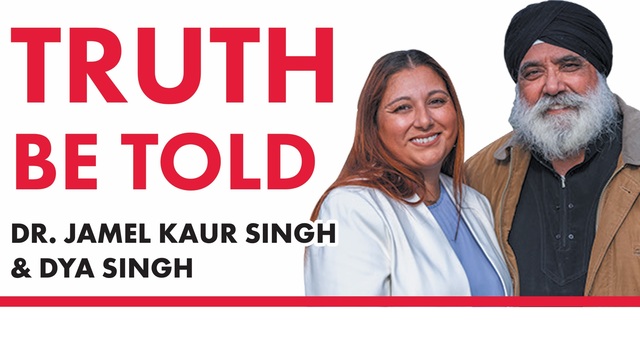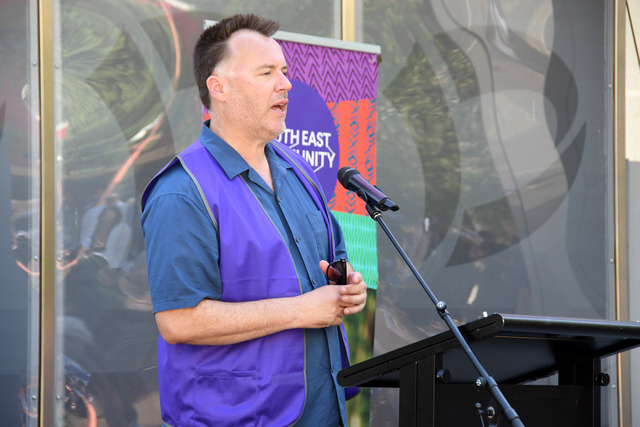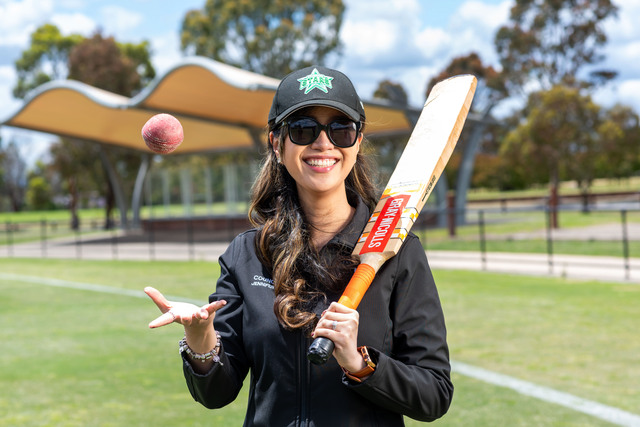A few days ago, I received a heartfelt call from a friend – let’s just say not from the “white tribe” – distressed about her daughter being benched during finals by a netball coach.
Her voice trembled, her spirit tired.
“It’s racism,” she said.
“It’s happening to my daughter now, and I’m done.”
As someone who has played, umpired, coached and lived netball for over 40 years, and someone who’s dealt with every possible scenario on the court, I paused.
I asked gently, “Does your daughter put in 110 per cent? Is she genuinely better than those who were subbed in instead?”
It was a difficult conversation.
But when I showed up for the grand final at a local stadium this week, what I saw was a coach making tough calls based on skill, not skin.
Finals are not charity matches.
They are won on grit, performance and strategy.
The entire team walks away with a medal, or no one does.
And yet, this incident sparked something deeper.
Why is it that we are so quick to play the racism card?
And why are we also so quick to dismiss it?
My father, Dya Singh, has played cricket and hockey across Malaysia (15 years), the UK (10 years), and Australia (over 40 years) – always exemplifying true sportsmanship against all odds.
In all those years, he was often the only person from an ethnic background on an otherwise all-white team.
And he never sat back.
He never let prejudice be an excuse.
He simply let his game speak.
If three players marked him or roughed him up, it wasn’t racism.
It was because he was that good.
I, too, grew up with this grit.
Thanks to Dad, I could call things as they were.
Not let the pain fester.
Not internalise alienation.
Just get on the court, play my heart out, and speak up when I had to.
Today, I coach for Dasmesh Sports Club and deliver Netball Victoria school programs, introducing young people – especially from ethnic backgrounds – to a sport that has shaped my life.
Coaching, to me, is both a privilege and a responsibility.
But let’s be honest. Prejudice still exists.
And sports, which should be the great equaliser, often mirror the ever-present inequities of our society.
In our local stadiums, I continuously see Pacific Islander, African, South Asian and Middle Eastern girls playing phenomenal netball.
Girls who could give the Vixens a run for their money.
But they rarely make it beyond local level.
Not because they lack skill.
But because they don’t have the visibility. Or the mentors. Or the belief.
As someone who has coached in extensively for the last decade, I am currently mentoring three 13-year-old girls that should all be playing at rep level.
They all have the raw power, the presence, and the passion.
One is a six-footer. One is a little rough around the edges, but if we don’t support her now, we’ll lose her.
Just another talent swallowed by a system that was not ready for her.
There are cultural hurdles too.
I’ve coached girls whose families would not allow them to wear short netball dresses.
But competition organisers would not allow leggings.
What do we do then? Exclude them?
That is a clash of cultures we are failing to address.
So here is the real talk:
Playing the racism card too quickly weakens its impact.
But ignoring systemic bias is equally dangerous.
Not every bad call is racism. Sometimes it is favouritism. Sometimes incompetence. Sometimes sheer bad luck.
But when patterns emerge, when it is always the same faces missing out, when bias goes unchecked – that is when racism becomes embedded, invisible, and insidious.
Here is what we need:
• Clubs and venues need ongoing (Cultural Intelligence) CQ training. Understanding unconscious bias, cultural nuance, and the impact of exclusion must be baked into the system.
• Transparent policies. Finals eligibility should be based on clear guidelines, like requiring a player to play at least five matches during the season. Injury exceptions? Sure. But not a full team overhaul for finals.
• Complaint processes that are independent and clear. Players and parents must know where to turn when they feel unfairly treated. That needs to go beyond club and even sporting complex at times. Accountability at every level is imperative.
• Mentorship programs. Let us get elite coaches and former players to mentor girls from CALD backgrounds.
• More pathways, more visibility. Talent exists. We just need to create channels that don’t rely on who knows who or the colour of the skin.
Above all, we need to bring back the spirit of Aussie sportsmanship – fair go, grit, equity, camaraderie, and respect.
Let coaches and parents talk openly.
Let kids hear the tough truths in a supportive way.
Let clubs and communities be transparent and inclusive.
Let us teach players not just how to pass, pivot and shoot – but how to win with grace, lose with dignity, and never give up.
We want to inspire you to start playing again.
To not let the past – or politics – steal your passion.
Whether you’re 13 or 73, sport is for you. Play. Coach. Umpire. Support. Just show up.
Truth be told… It is time we stop calling it racism every time things don’t go our way.
But it is also time the system gave everyone a real shot to shine.







